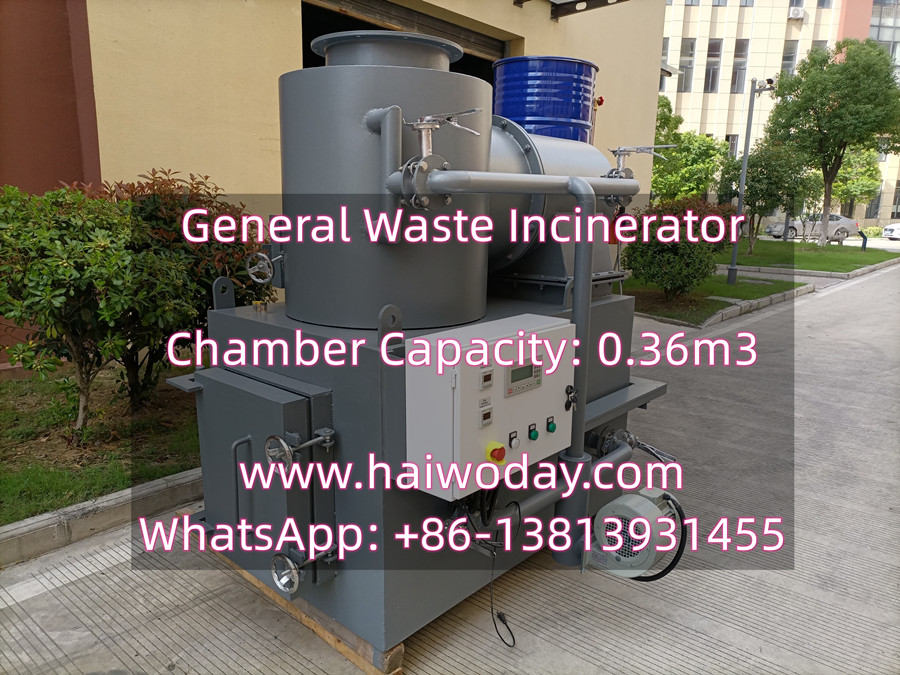South Africa’s incinerator has been a controversial topic as it has raised concerns about its impact on air quality and public health. Incineration is the process of burning waste materials to produce energy, and it has been widely used in South Africa as a method of waste disposal. However, environmental and health experts have raised questions about the potential harmful effects of the incinerator on the surrounding community.
One of the biggest concerns about the incinerator is its impact on air quality. Burning waste can release a range of pollutants into the atmosphere, including particulate matter, carbon monoxide, nitrogen oxides, sulfur dioxide, and volatile organic compounds. These pollutants can have detrimental effects on air quality, leading to smog, acid rain, and respiratory issues. In addition, incineration can also release heavy metals and other toxic chemicals into the air, further contributing to pollution.
The incinerator’s impact on public health is another significant concern. Poor air quality can lead to a variety of health problems, including respiratory issues such as asthma and bronchitis, cardiovascular problems, and even cancer. Children, the elderly, and individuals with pre-existing health conditions are particularly vulnerable to the effects of air pollution. In addition, living near an incinerator can also lead to a higher risk of exposure to hazardous waste and pollutants, which can have long-term health implications for the surrounding community.
Furthermore, there is also concern about the potential impact on the local environment. Incinerators can produce ash and other residues that may contain toxic substances, which can contaminate soil, water, and wildlife. This can have long-lasting effects on ecosystems and biodiversity in the area.
To address these concerns, it is crucial for South Africa to implement strict regulations and monitoring of incinerators to minimize their impact on air quality and public health. This includes implementing emission controls, conducting regular air quality monitoring, and enforcing proper waste management practices to reduce the release of harmful pollutants.
In addition, communities living near incinerators should be educated about the potential health risks and empowered to advocate for their rights to clean air and a healthy environment. This could involve engaging the local community in the decision-making process regarding the location and operation of incinerators, as well as providing avenues for them to voice their concerns and seek redress for any negative impacts.
Ultimately, the impact of South Africa’s incinerator on air quality and public health is a complex issue that requires a multi-faceted approach. By implementing strong regulations and actively involving the community, South Africa can work towards mitigating the negative effects of incineration and safeguarding the health and well-being of its citizens and the environment.



